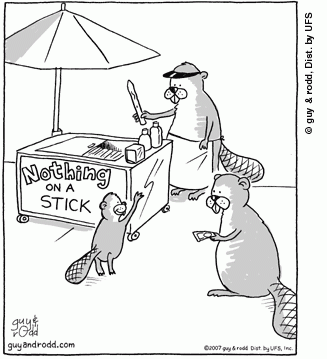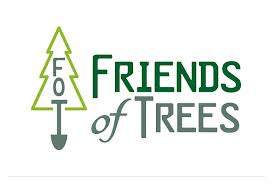"If I Had More Time, I Would Have Written a Shorter Letter" - Blaise Pascal, French mathematician and philosopher
Data is easy. Analysis is hard. And a stack of paper is no substitute for analysis.
Data is Cheap, so Data is Cheap
 Data is everywhere. Ubiquity of data has transformed the modern investment consulting industry. The Internet and relatively inexpensive access to subscription databases mean that we swim in data, charts, and graphs. They are literally at our fingertips, conjured at whim and not requiring any sort of specialized knowledge or experience to create.
Data is everywhere. Ubiquity of data has transformed the modern investment consulting industry. The Internet and relatively inexpensive access to subscription databases mean that we swim in data, charts, and graphs. They are literally at our fingertips, conjured at whim and not requiring any sort of specialized knowledge or experience to create.
Universal data is a great thing for clients, but generally a bad thing for consultants. Access to data used to be a competitive advantage for investment advisors, who made their practice based on mere knowledge of investment techniques and managers. Nowadays, access to data is no longer a differentiator between high- and low-quality investment consultants. For the most part, everybody has access to the same data.
The fact that access to data became cheap made access to data worthless, from a competitive standpoint.
What differentiates good consultants from bad, then, is their ability to analyze, interpret, and communicate actionable recommendations from a sea of statistics. In our view, bad consultants show their clients a map; good consultants give their clients directions.
The Paper Trail
We are all too familiar with a typical consultant’s temptation to structure their deliverables to clients – the “slide decks,” or “pitch books,” or simply, “books” – to contain as much information as possible. Perhaps hundreds of pages of charts and tables impress some clients.
We believe that our clients value our role in their investment process differently. We structure our deliverables to be purposely concise and succinct, while being as responsive as possible to the issues at hand. We believe it is our job to sift through the myriad information available to us and to our clients, highlighting that which is most relevant and that directly leads clients to better investment decisions.
We believe it is harder to create a 20-page presentation book than it is to create a 100-page book. We create shorter books not because we can’t produce the longer ones, but because they are more valuable to our clients.
We would rather have our materials spark a thought than land with a thud.
It’s the Trees that Suffer
 Still, the consulting business remains a book-creation business. To mitigate our contributions to our industry’s problem, we have collaborated with Friends of Trees, an Oregon non-profit organization, to undo some of the damage. We meticulously count all of the pieces of paper that we produce, either internally or for our clients. We pledge to plant two trees for every one tree that we consume in the form of paper.
Still, the consulting business remains a book-creation business. To mitigate our contributions to our industry’s problem, we have collaborated with Friends of Trees, an Oregon non-profit organization, to undo some of the damage. We meticulously count all of the pieces of paper that we produce, either internally or for our clients. We pledge to plant two trees for every one tree that we consume in the form of paper.
We believe that our philosophy with regard to client deliverables helps our clients see the forest for the trees. The fact that it results in more of both can’t hurt either.